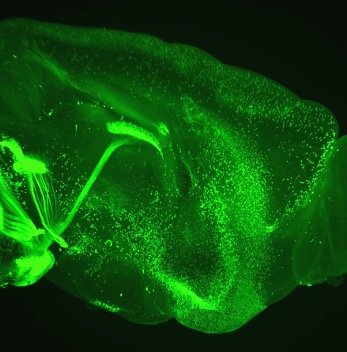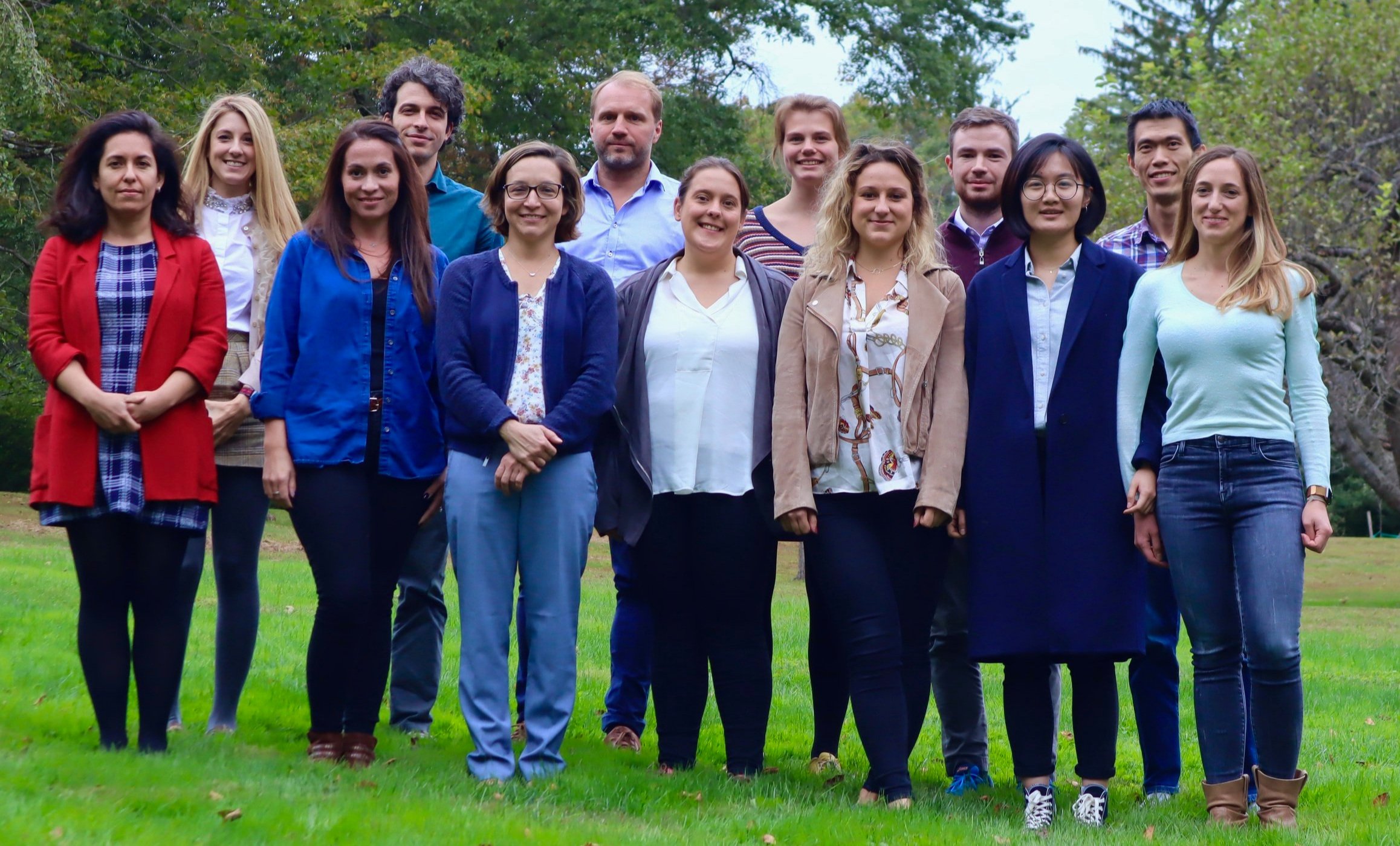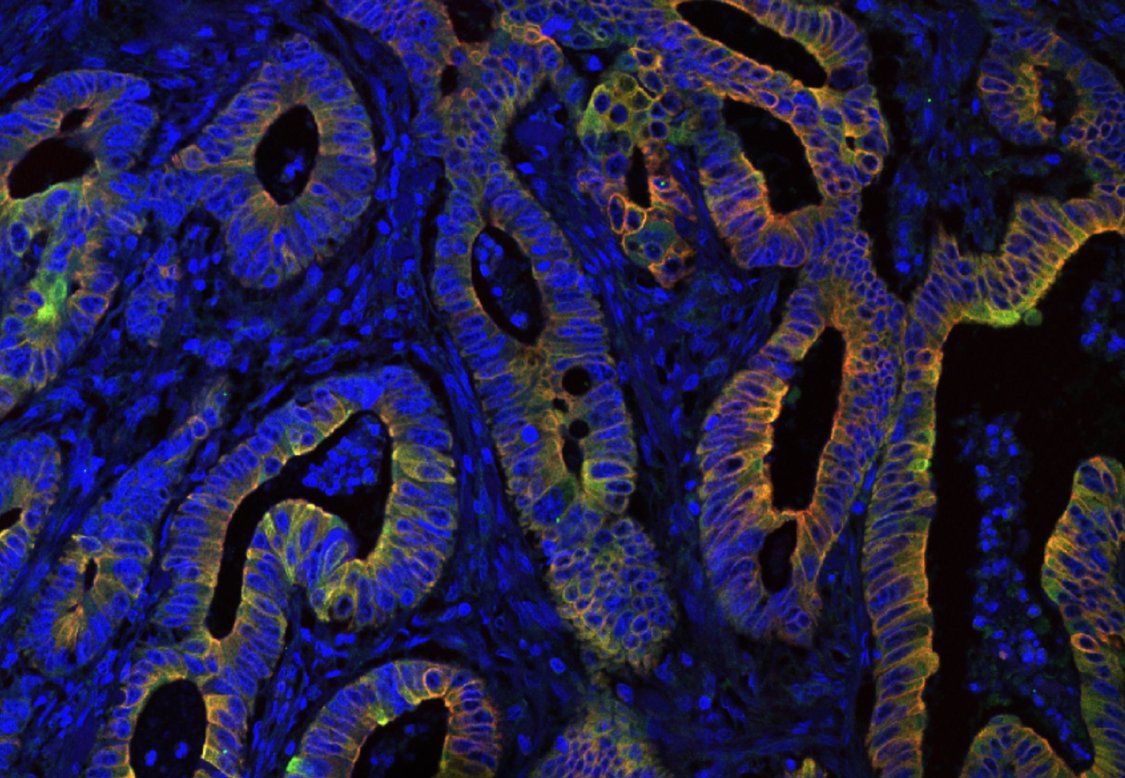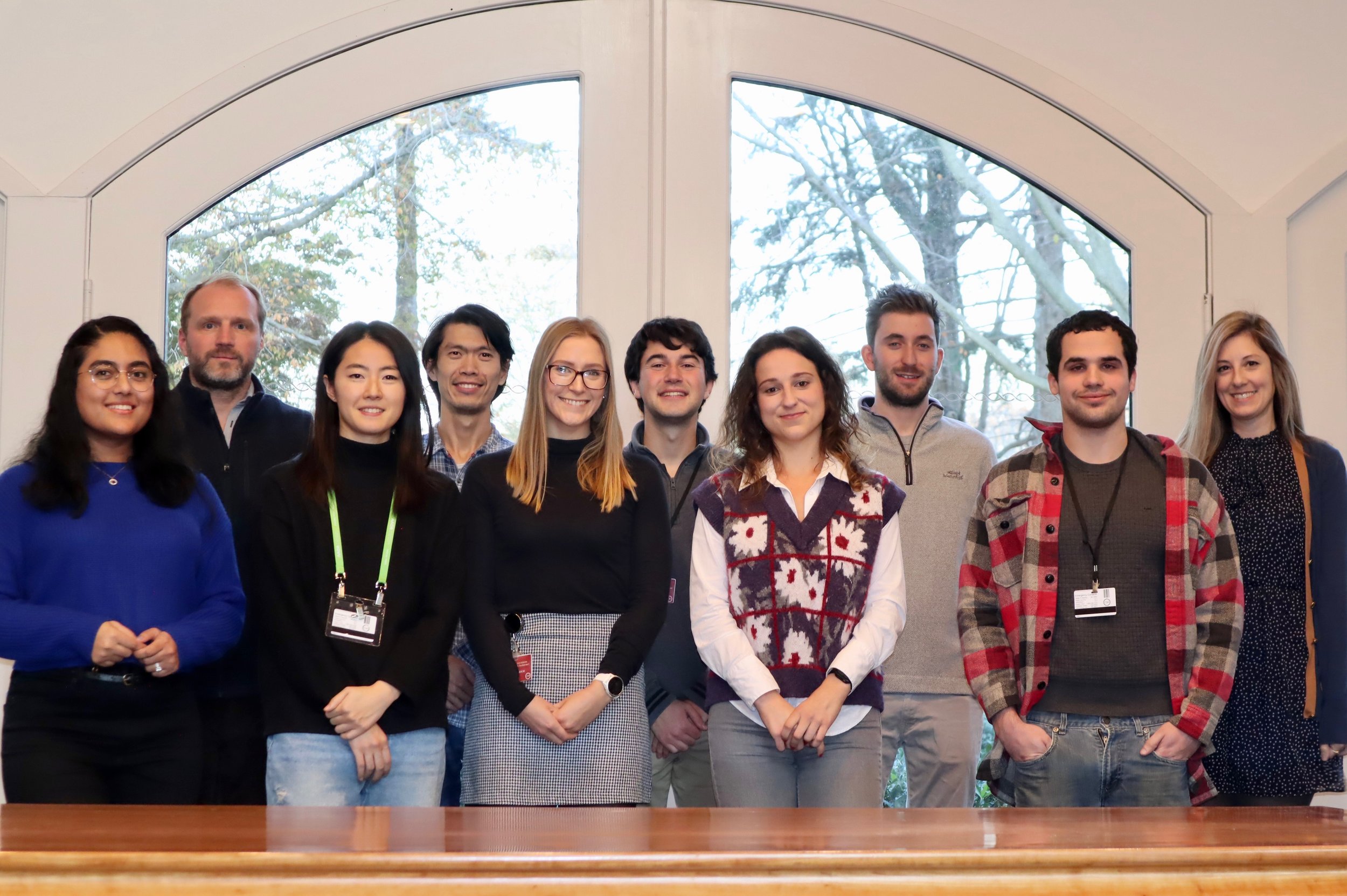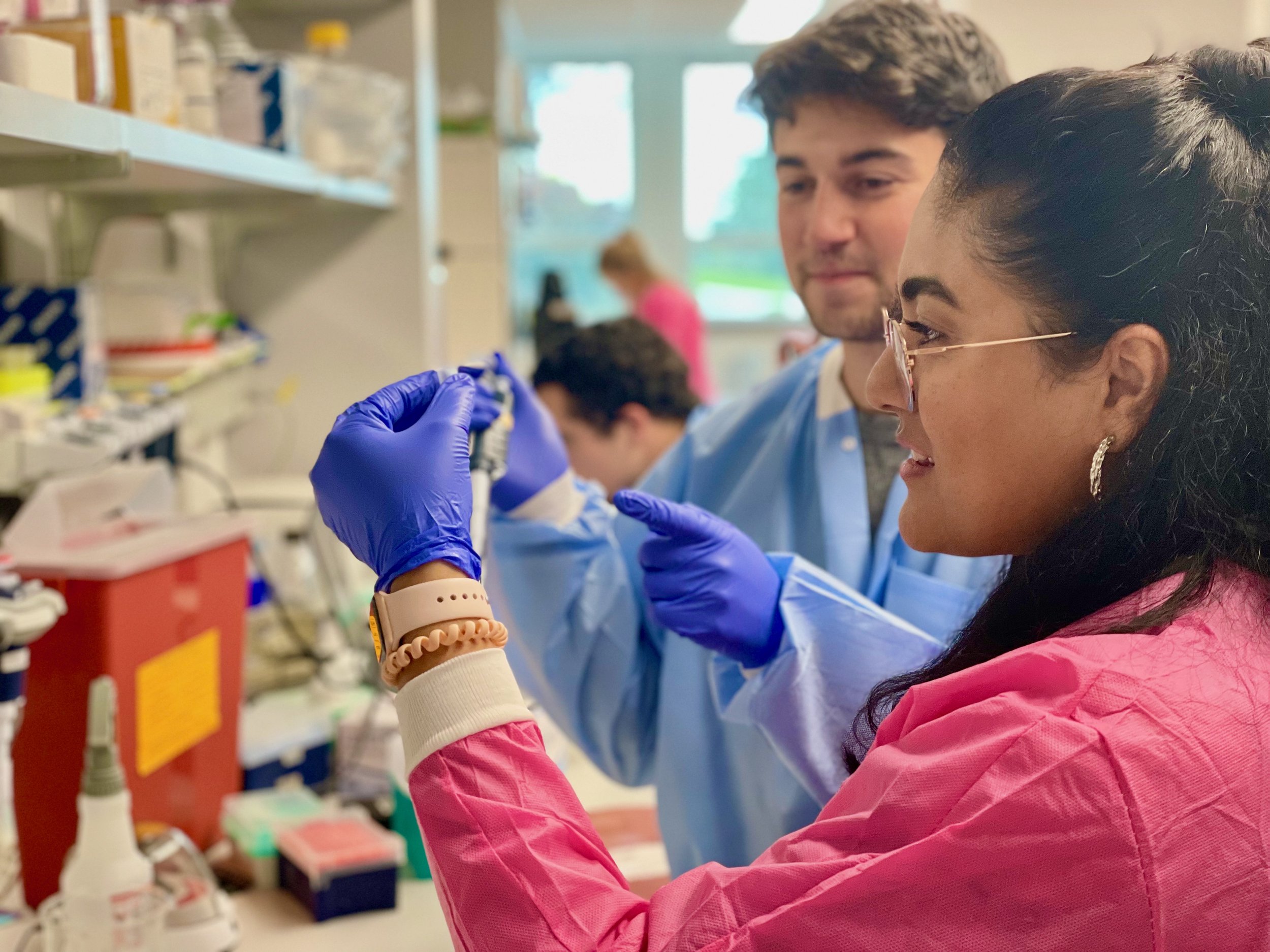
Welcome to the Host Response Research Group
Cancer is a disease of the whole body.
We listen to patients to improve health care.
Our work focuses on the body’s dynamic response to disease, in particular to cancer.
Utilizing laboratory and clinical research paired with statistical modelling and bioinformatics, we decipher the connections between metabolism, behavior, endocrinology, and immunology.
Cancer cannot be understood or treated by investigating tumors in isolation.
Brainwide neuronal activity patterns induced by cancer cachexia.
The image is of a whole brain, stained for c-Fos, an immediate activation early gene in neurons. In collaboration with neuroscientist, we have determined and functionally validated targetable mechanisms of behavioral change in cachexia. (Nature Communications 2024 and Science 2025).
Schematic illustration of interactions between a tumor and the organ systems of the host organism.
From Ferrer, Janowitz, Cell, 2023
Why do patients with cancer feel ill?
Why do patients with cancer lose weight and appetite?
How do tumors interact with the whole organism?
By searching for answers to these questions, we find mechanism-based treatment strategies for patients with cancer and other diseases.
We investigate the reciprocal interactions between the host and the tumor.
2019
In the News
In model systems and clinical studies related to pancreatic and colorectal cancer, we have discovered that tumor derived inflammatory molecules reprogram the organism.
This influences the main metabolic organs, such as the liver, the immune system, and the brain.
We conduct clinical research.
Understanding why some patients benefit from anti-cancer therapies while others do not is essential.
In clinical studies, we examine the outcomes and the biological mechanisms that define responses in patients.
We translate fundamental science from our laboratory all the way to patient care.
2022
By Daniel Dunaief
June 30, 2023
It’s a bit like shaking corn kernels over an open flame. At first, the kernels rustle around in the bag, making noise as they heat up, preparing for the metamorphosis.
That’s what can happen in any of the many laboratories scattered throughout Long Island, as researchers pursue their projects with support, funding and guidance from lab leaders or, in the science vernacular, principal investigators.
Sometimes, as happened recently at the benches of Cold Spring Harbor Laboratory Assistant Professor Tobias Janowitz, several projects can pop at around the same time, producing compelling results, helping advance the careers of developing scientists and leading to published papers.
PhD graduate Miriam Ferrer Gonzalez and MD/ PhD student Sam Kleeman recently published separate studies.
In an email, Janowitz suggested the work for these papers is “time consuming and requires a lot of energy.” He called the acceptance of the papers “rewarding.”
In a two-part series, Times Beacon Record News Media will describe the research from each student. This week, the focus is on Ferrer Gonzalez. Check back next week for a profile of the work of Kleeman.
(continued in full article)
By Daniel Dunaief
July 7th, 2023
Cancers not only compromise human health, but they can also suppress the body’s immune response. A little studied small protein called cystatin C, which is secreted by numerous cells, may render the immune system less effective in its response to tumors.
Sam Kleeman, a PhD student in Cold Spring Harbor Laboratory Assistant Professor Tobias Janowitz’s lab, recently published results in the journal Cell Genomics that demonstrate a link between elevated levels of this protease inhibitor, the suppression of the immune system, and the development of cancer.
Kleeman was able to demonstrate a potential role “Cystatin C might play in damping down the immune response to tumors,” he said.
Cystatin C is a known cysteine protease inhibitor, but the biological and organ-level relevance of this has not been characterized in detail. This protein could be one of many mechanisms by which glucocorticoids can reduce the effectiveness of the immune system.
Cystatin C could drive the progression of the disease, which could explain why Kleeman has found evidence that higher levels coordinate with worse outcomes.
(continued in full article)
Spotlight on CSHL Janowitz Lab with PhD candidate Sam Kleeman

